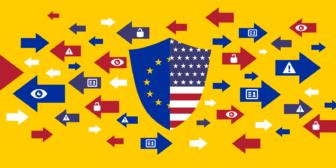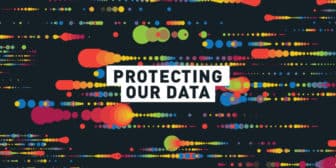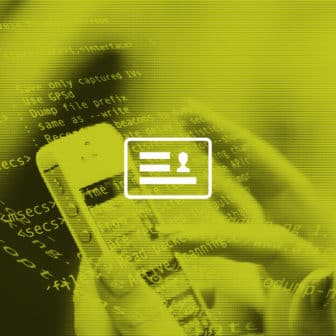Tag: EU-US Privacy Shield

Biden signs Executive Order for EU-US data transfer deal: privacy and surveillance reforms missing
The Executive Order for a new EU-US data transfer deal is not sufficient to protect privacy and reform disproportionate US surveillance programmes.

E.U.-U.S. data flow deal possible? Third time won’t be the charm without U.S. surveillance reform
Before any E.U.-U.S. data flow deal can be considered, U.S. data access and surveillance practices must be reformed.

Tech’s long COVID-19: What privacy battles will define 2021?

Future EU-US data transfers? EU must push back on the US’s surveillance game
Access Now and the American Civil Liberties Union are calling on the European Commission to press the United States to reform its surveillance laws, so that any future instrument for EU-US data transfers complies with EU law and withstands judicial scrutiny.

Privacy Shield Is Gone – What Now!?

US-EU data sharing deal Privacy Shield struck down by European court

US-EU Privacy Shield data-sharing pact invalidated over surveillance fears

In a victory for privacy, the EU Court of Justice bins EU-US Privacy Shield
Today, in a landmark decision, the Court of Justice of the European Union struck down the EU-US Privacy Shield as it fails to protect people’s rights to privacy, data protection and access to remedy.

Access Now to EU Commission: Strike down the toothless Privacy Shield
Update: The Court of Justice of the European Union will deliver its judgement on the “Schrems II” case. While the case deals with larger EU-US data transfer questions, it could lead to the invalidation of the Privacy Shield.
